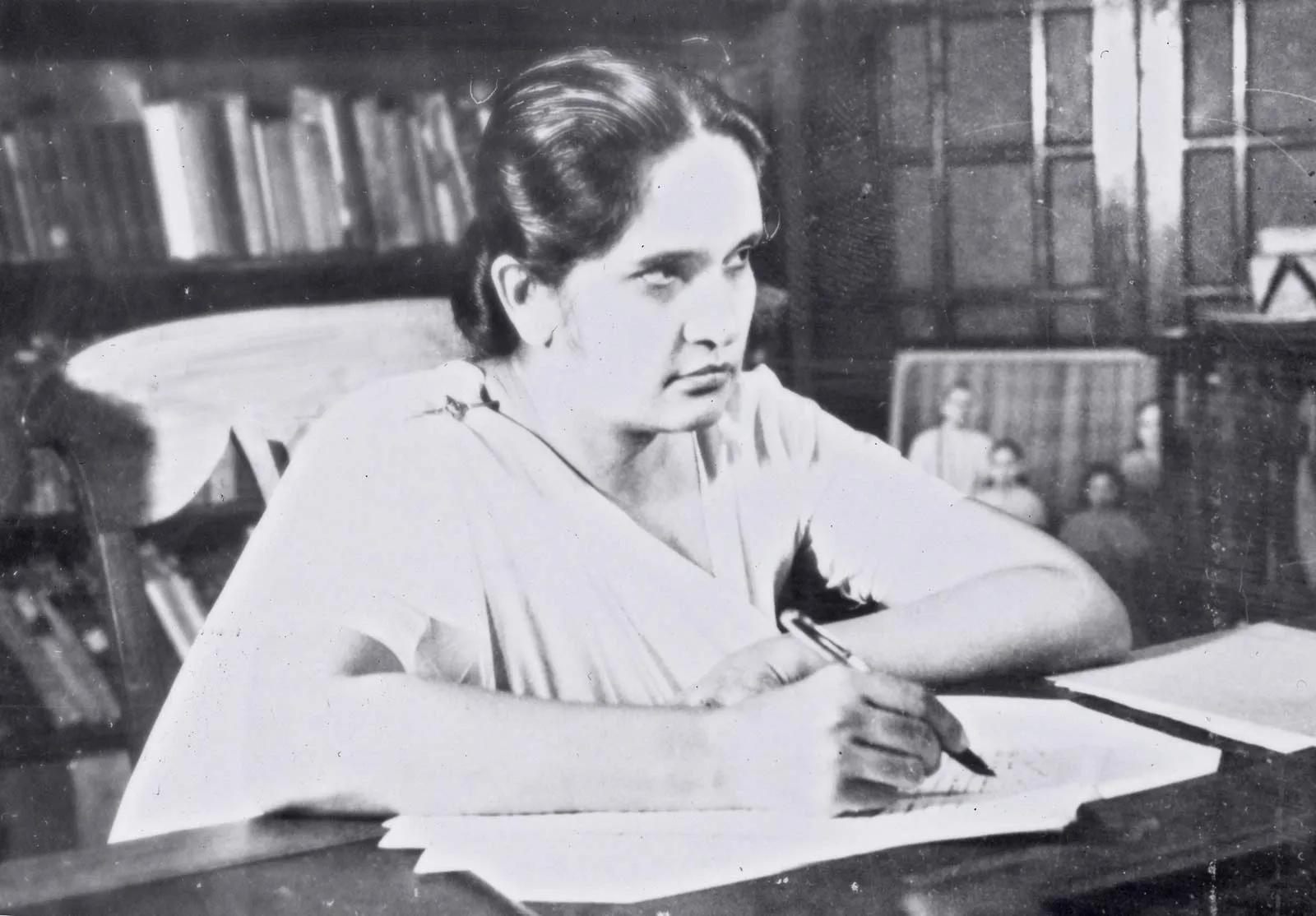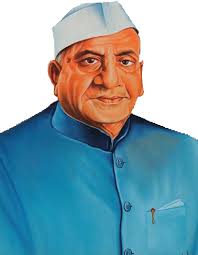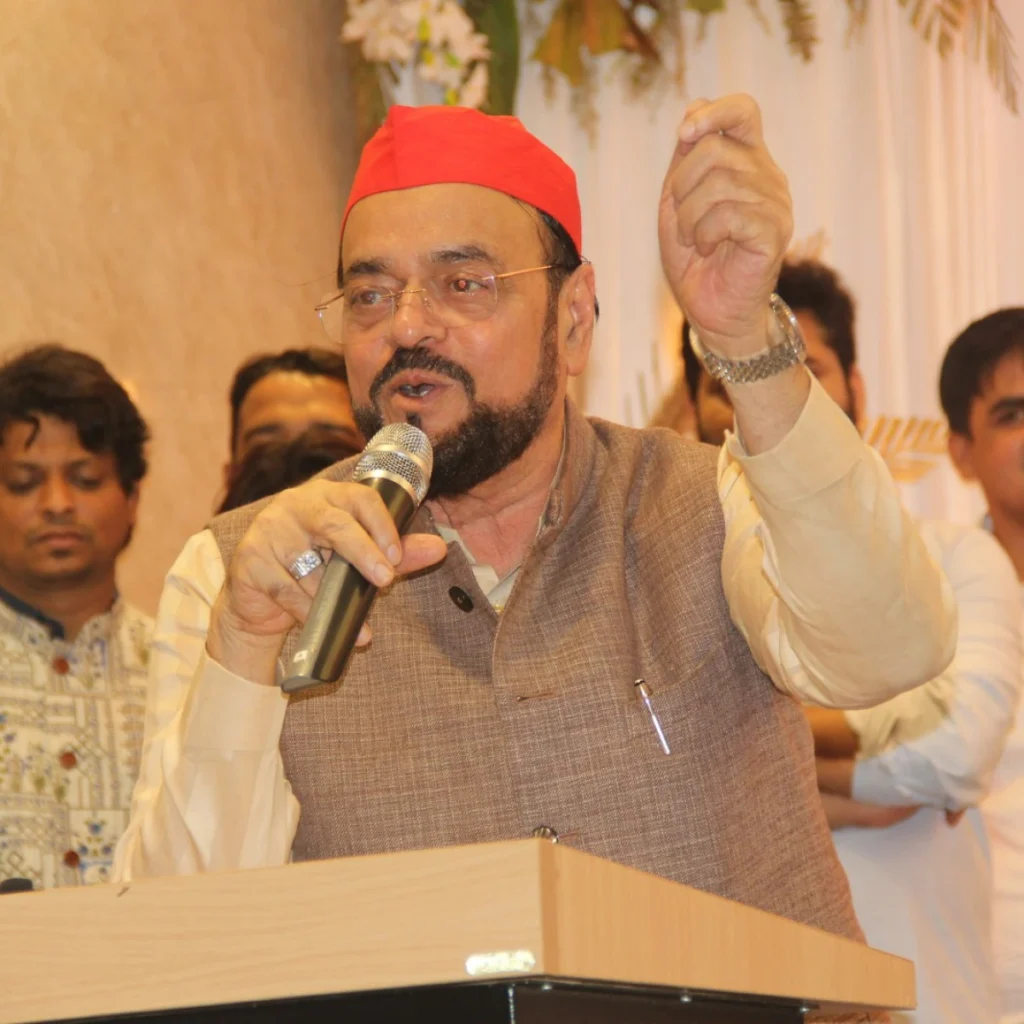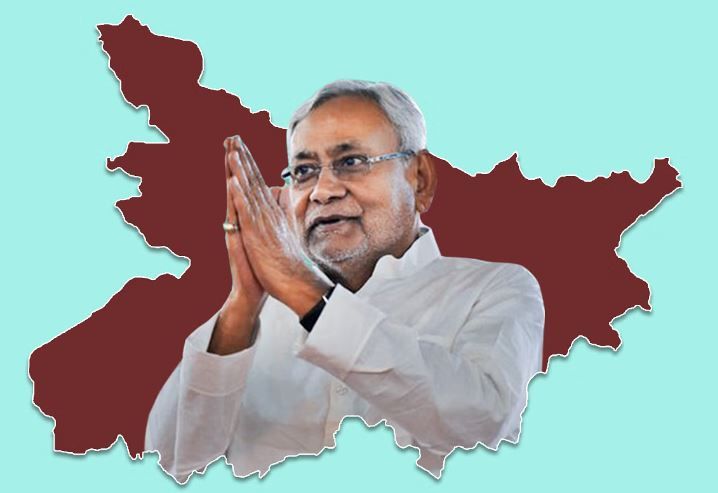Sirimavo Bandaranaike, the world’s first female prime minister, left an indelible mark on the political landscape of Sri Lanka and the world at large. Born on April 17, 1916, in the village of Ratnapura, Sirimavo rose to prominence as a formidable leader, championing social justice, women’s rights, and economic development. In this blog, we delve into the life, achievements, and enduring legacy of Sirimavo Bandaranaike.
Early Life and Education:
Sirimavo was born into a politically active family, with her father serving as a member of the State Council of Ceylon. She received her education at prestigious institutions such as St. Bridget’s Convent and the University of London, where she studied economics and political science. It was during her time in London that Sirimavo became involved in the nationalist movement, advocating for Ceylon’s independence from British colonial rule.
Rise to Political Power:
Upon returning to Ceylon, Sirimavo married Solomon Bandaranaike, a prominent politician and leader of the Sri Lanka Freedom Party (SLFP). Following her husband’s assassination in 1959, Sirimavo assumed leadership of the SLFP and successfully contested the 1960 general elections, becoming the world’s first female prime minister. Her election marked a historic moment for women’s empowerment and representation in politics.
Social Reforms and Development Initiatives:
As prime minister, Sirimavo implemented a series of progressive social reforms aimed at improving the lives of ordinary Sri Lankans. She expanded access to education and healthcare, introduced land reforms to benefit small-scale farmers, and initiated infrastructure projects to spur economic development in rural areas. Sirimavo’s government also pursued a non-aligned foreign policy, strengthening ties with other developing nations and promoting peace and cooperation on the global stage.
Challenges and Controversies:
Sirimavo’s tenure as prime minister was not without its challenges and controversies. Her government faced criticism for its handling of ethnic tensions between the Sinhalese majority and Tamil minority, culminating in the outbreak of civil unrest and the declaration of a state of emergency in 1971. Additionally, Sirimavo’s decision to nationalize key industries and implement protectionist economic policies drew mixed reactions from the international community and sparked debate over the role of government in the economy.
Legacy and Impact:
Despite facing obstacles and criticism, Sirimavo Bandaranaike’s legacy endures as a trailblazer for women in politics and a champion of social justice and economic development. Her tenure as prime minister laid the foundation for subsequent generations of female leaders in Sri Lanka and inspired women around the world to pursue careers in public service and governance. Sirimavo’s commitment to progressive ideals and her dedication to improving the lives of the marginalized and disadvantaged continue to resonate with people of all backgrounds.
Conclusion:
In conclusion, Sirimavo Bandaranaike’s remarkable journey from a young activist to the world’s first female prime minister is a testament to her courage, resilience, and leadership. Her legacy as a trailblazer for women in politics and a champion of social justice and development remains as relevant today as it was during her time in office. As we celebrate her achievements, let us honor Sirimavo Bandaranaike’s contributions to Sri Lanka and the world, and continue to work towards building a more inclusive and equitable society for all.






